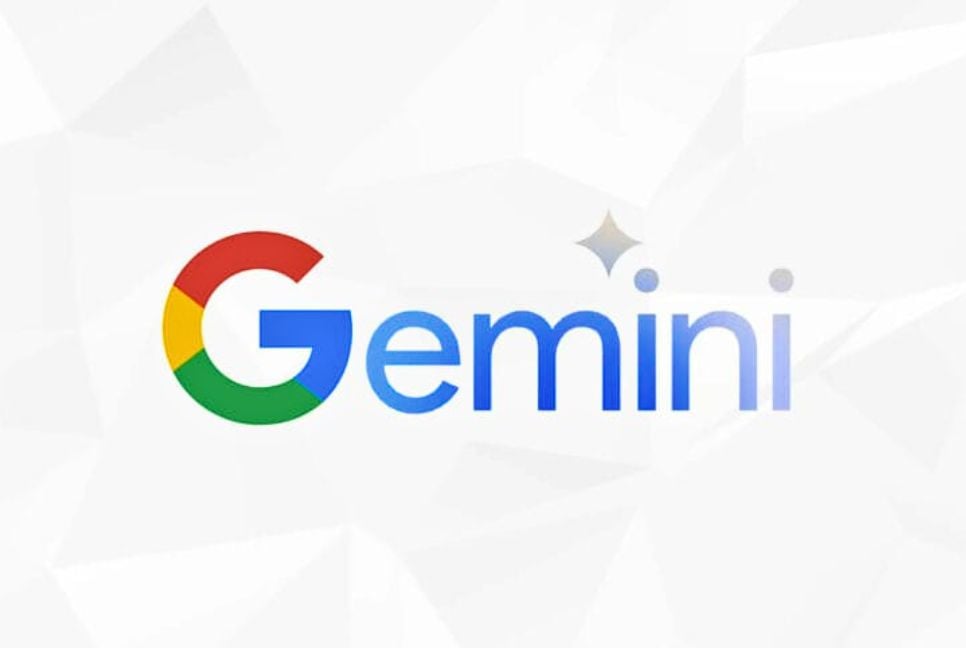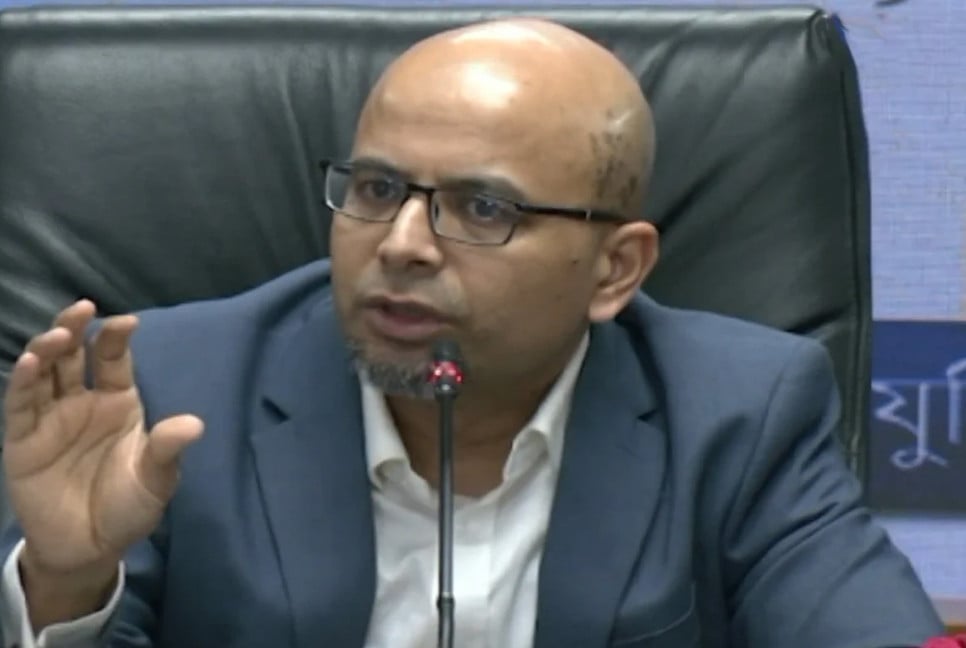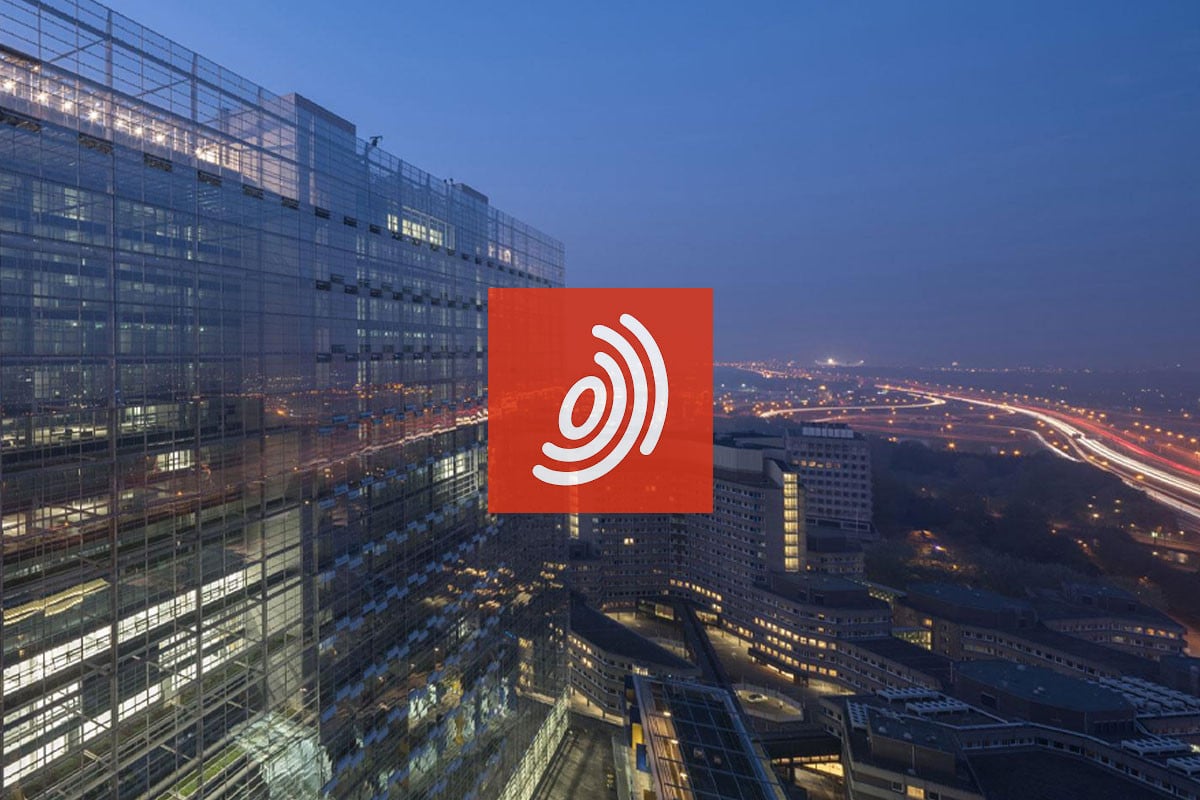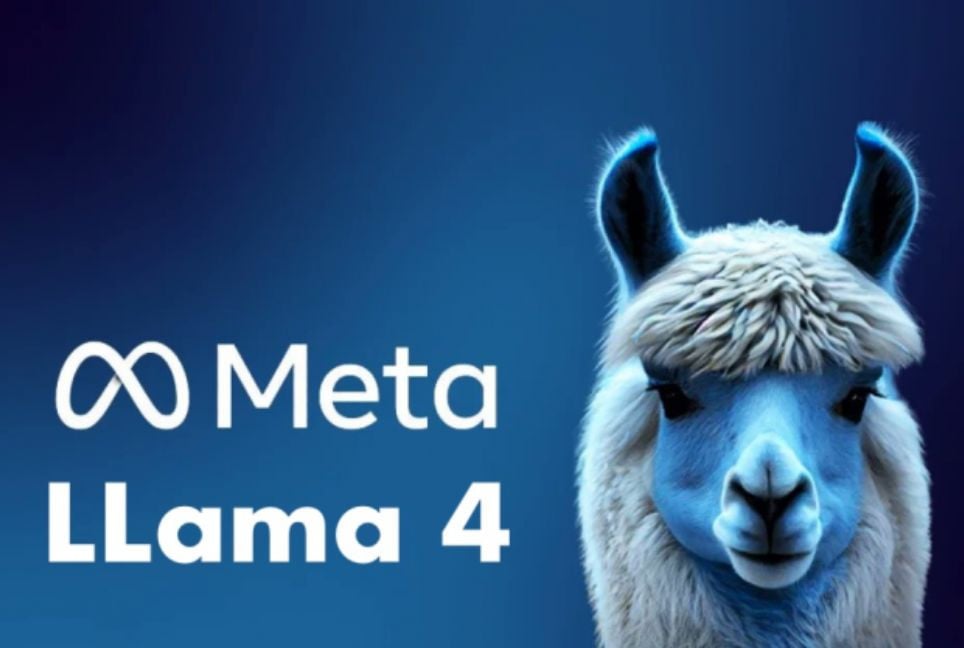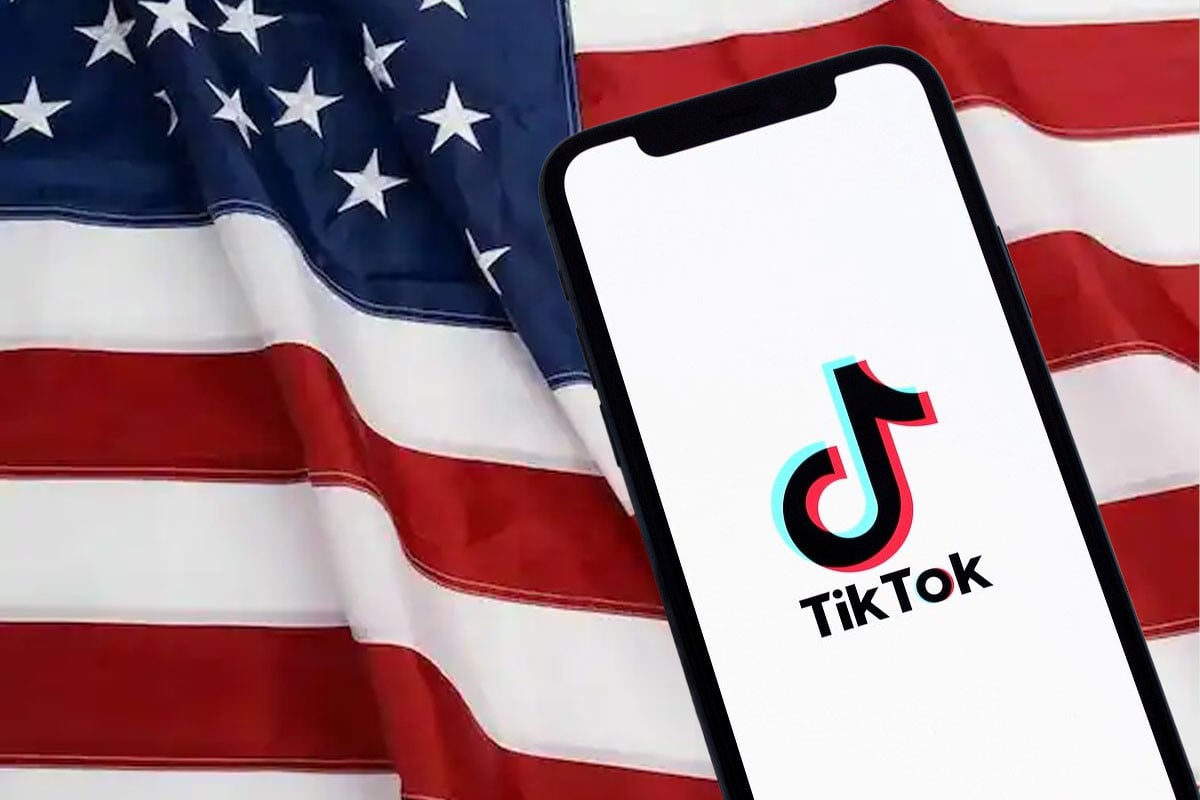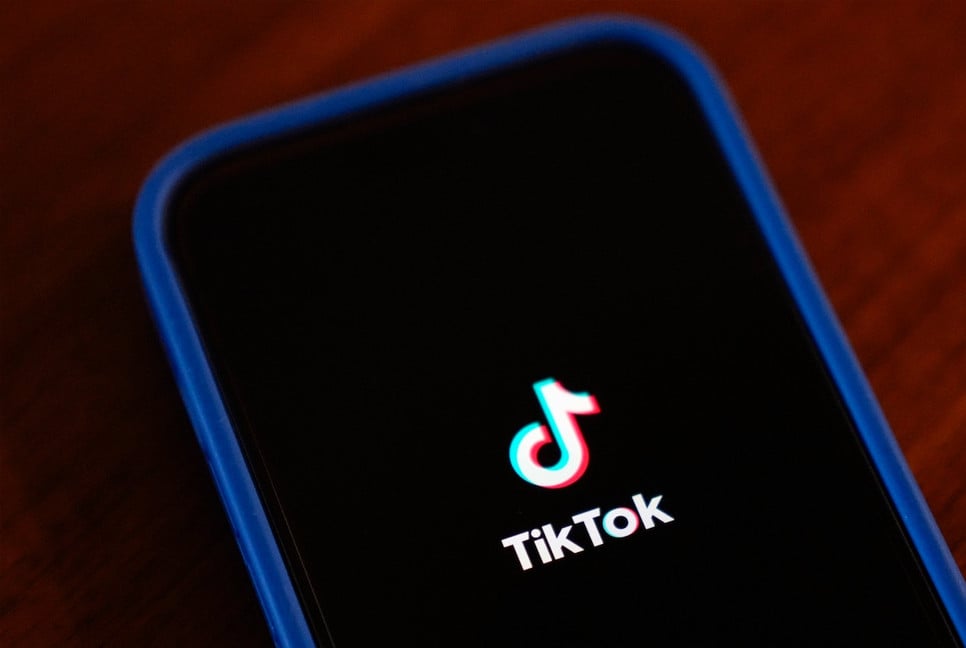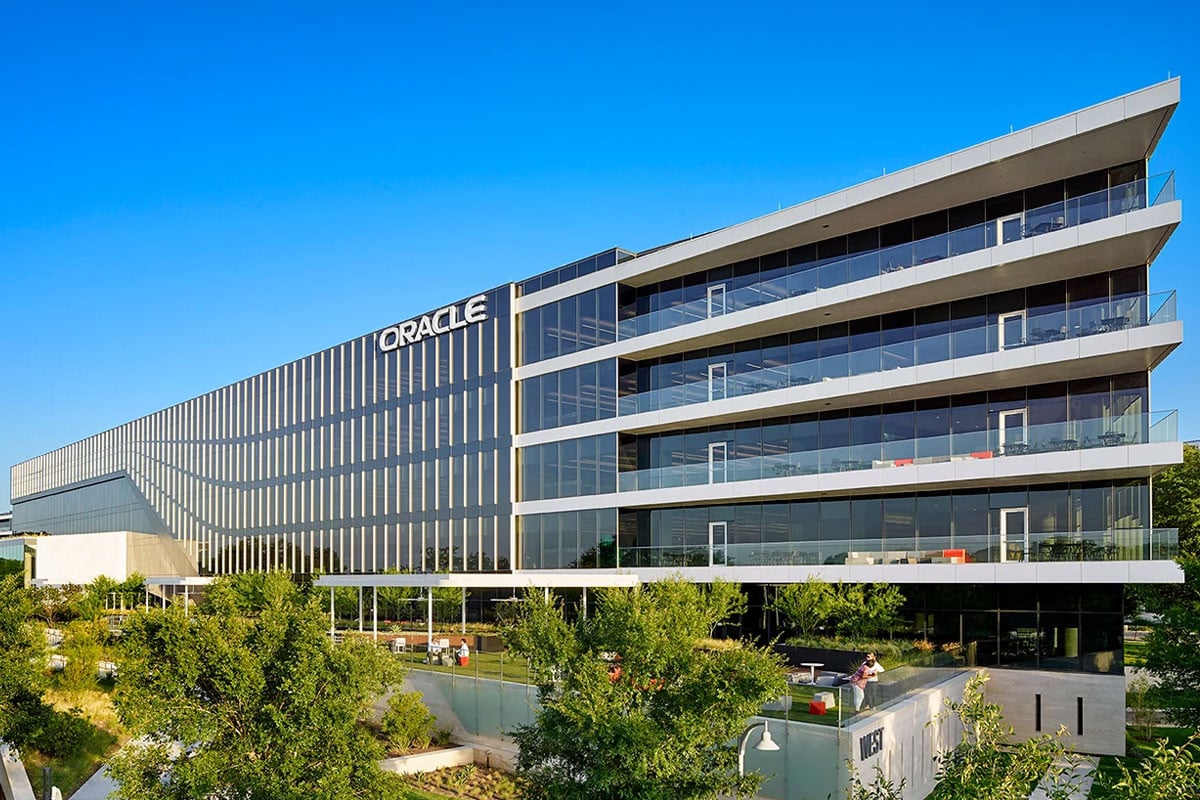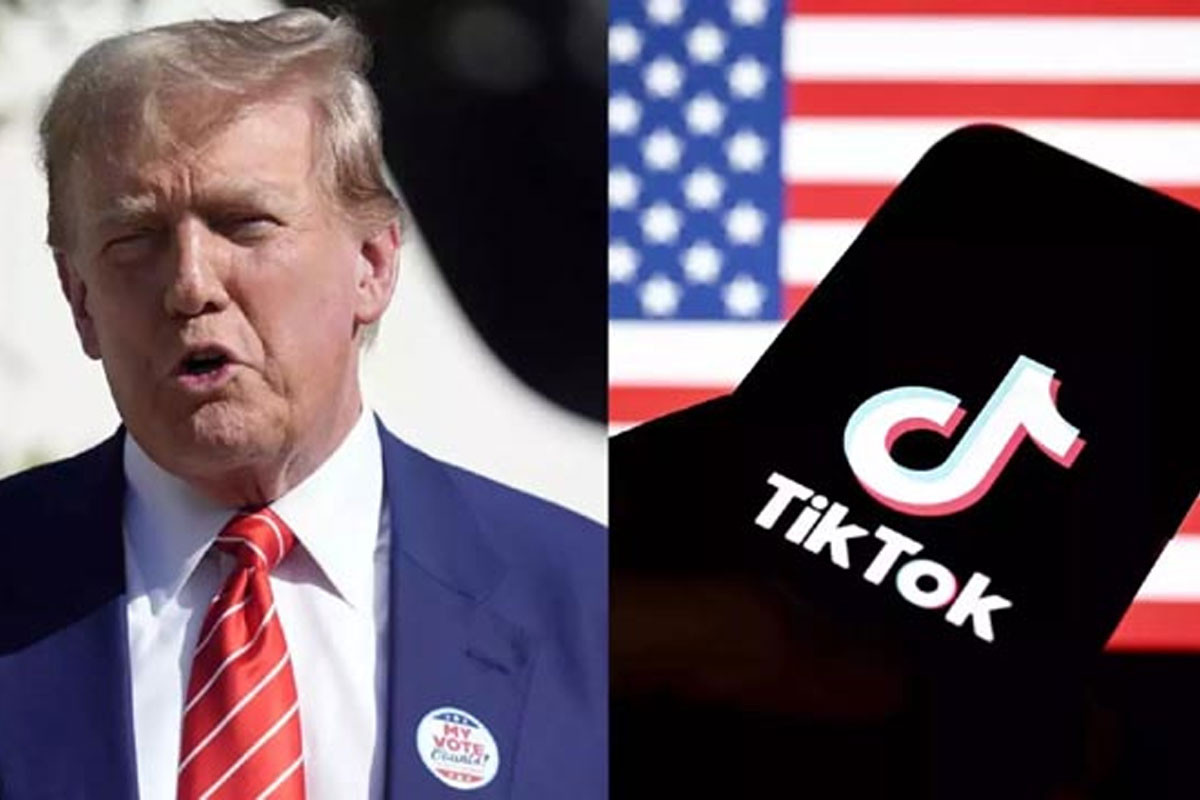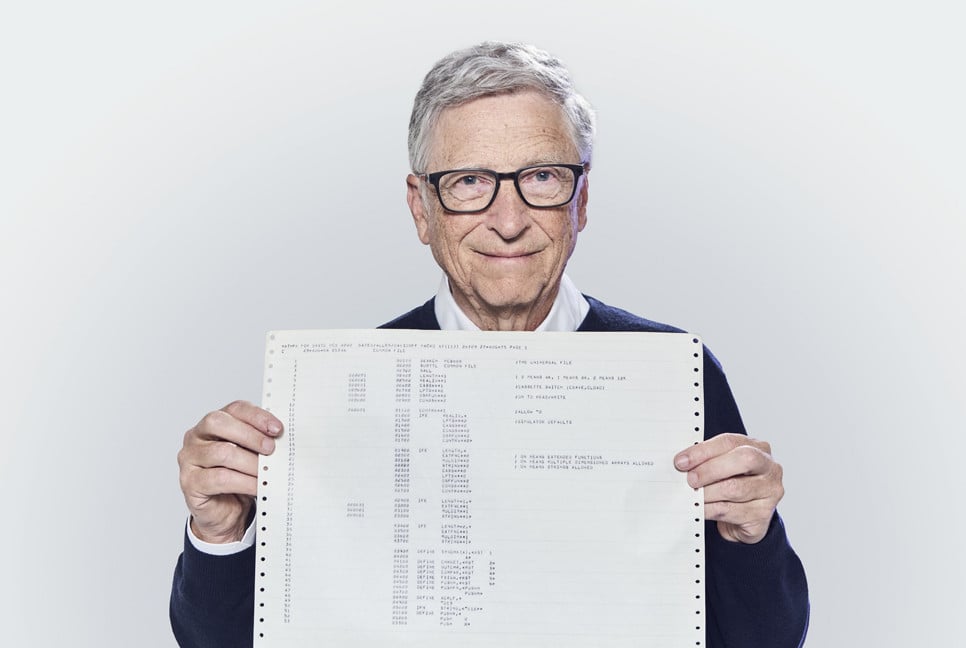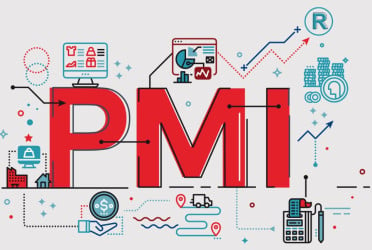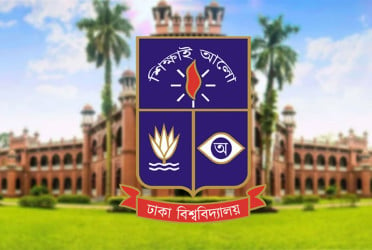Google says its artificial intelligence chatbot Gemini will deliver up-to-date news from The Associated Press (AP) in the tech giant’s first such deal with a news publisher.
Google announced the deal in a blog post Wednesday, saying that AP “will now deliver a feed of real-time information to help further enhance the usefulness of results displayed in the Gemini app.”
AP’s chief revenue officer, Kristin Heitmann, said it is part of a longstanding relationship with the search giant “based on working together to provide timely, accurate news and information to global audiences.”
“We are pleased Google recognizes the value of AP’s journalism as well as our commitment to nonpartisan reporting, in the development of its generative AI products,” Heitmann said in a written statement.
Neither company has disclosed how much Google will pay AP for the content.
Gemini, formerly known as Bard, has been Google’s answer to the demand for generative AI tools that can compose documents, generate images, help program code or perform other work.
AP has sought to diversify its revenue stream in recent years and in 2023 signed a deal with OpenAI, maker of ChatGPT, enabling the AI company to license AP’s archive of news stories to train future versions of its AI systems. The financial terms of that deal were also not disclosed, but it sparked an increasing number of similar partnerships between OpenAI and news organizations around the world.
At the same time, news organizations have expressed concerns about AI companies using their material without permission — or payment — and then unfairly competing with them for advertising revenue that comes when people use a search engine or click on a news website. The New York Times and other outlets have sued OpenAI and other AI companies for copyright infringement and, on Tuesday, presented their arguments before a New York federal judge.
Tech companies have argued that freely taking publicly available text from the internet to teach their AI models constitutes a “fair use” under U.S. copyright laws.
Publishers are at a disadvantage as tech companies integrate AI-generated summaries of information into an array of online services, but such deals are also beneficial in giving news outlets much-needed revenue and improving the overall quality of information that people are seeing online, said Alex Mahadevan, director of The Poynter Institute’s Mediawise, a digital media literacy initiative.
“You either sign a deal with an AI company and work with them and kind of take what they offer for all of your hard work, all of your articles, all of your data, or you fight, the way that The New York Times and others are trying to do in court,” he said.
The AP has experienced a precipitous loss in revenue from newspaper customers, including losing Gannett and McClatchy -- two of the largest traditional U.S. newspaper publishers -- last year. The AP has increasingly secured other sources of revenue, including philanthropic funding, but is still hurt by the news industry’s overall woes.
While such deals might help offset some revenue losses, they also present dangers.
“By outsourcing their value to tech companies, news outlets may cede control over how their work is used and monetized,” Kreps said by email. “Instead of building stronger, direct relationships with readers, they risk becoming suppliers of raw material for platforms that then commodify and repurpose their journalism.”
Source: AP
Bd-pratidin English/Fariha Nowshin Chinika

